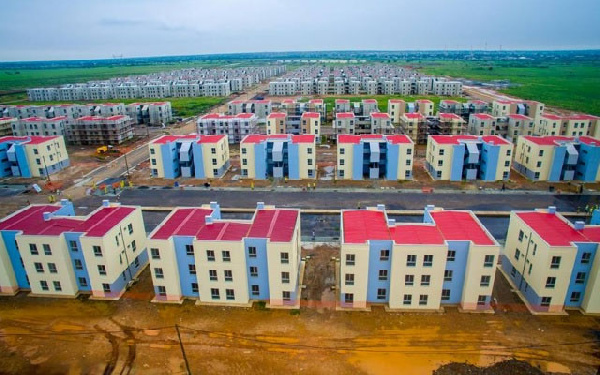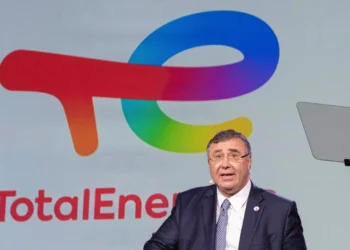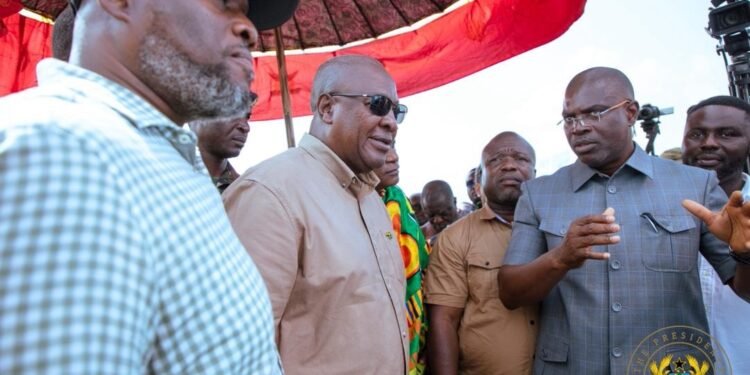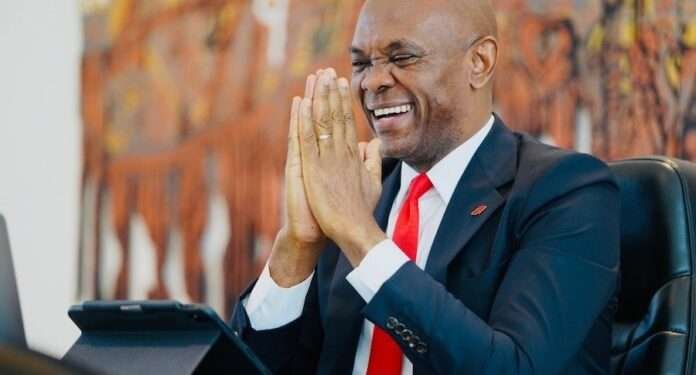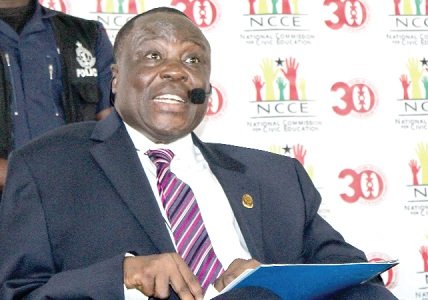The Minister for Works and Housing, Francis Asenso-Boakye has revealed that 35 per cent of Ghanaians cannot acquire their own homes even with Government support within the short-to-medium term.
The challenges within the sector are glaring, and efforts targeted at alleviating them have been unyielding at worst, he noted. Several initiatives by successive governments in addressing this urgent national issue have for the most part only scratched the surface. Currently, the housing deficit is in excess of two million housing units, he added.
“… This is the situation in which we find ourselves as a country. Interventions in the past have been unyielding. [This results] in the country struggling with the housing deficit, currently in excess of two million housing units”.
Without drastic measures put in place, this proportion risks escalating. Hence, the Minister noted that the government plans to set up a national housing authority to address this teething problem. To this end, the Minister identifies the problem affecting the progress on this front as institutional.
“To address this precarious situation, there is a need for a consented government direction that focuses on bridging the current institutional gap to provide mass subsidized housing targeted at the 60% population in the short to medium term and the remaining 35% in the long term as our economic situation improves.
“The NPP government plans to set up a national housing authority to lead the supply side of housing market”
Hon. Francis Asenso-Boakye, Minister for Works and Housing
He made these remarks at the maiden launch of First National Bank’s Home Ownership Series, yesterday, April 15, 2021.
Government’s schemes on bridging housing deficit
Already, the Affordable Housing Scheme is still in effect with the purpose of providing mass subsidized housing units.
Within the affordable housing space, the government recently launched the National Mortgage Scheme (NMS) and the Affordable Housing Real Estate Investment Trusts (REITs) Rent-to-own schemes.
The NMS provide public servants with mortgages at reduced rates in order to encourage ownership of homes.
The Rent-to-own scheme allows public workers who rent houses covered by the scheme with an option to own them after a stipulated period of time.
Furthermore, the government in the 2021 budget indicated its commitment to establish a National Rental Assistance Scheme (NRAS). The government aims at crowding-in investment from the private sector to raise GHS100 million for the NRAS.
With this amount, the government can then “provide low-interest loans to eligible Ghanaians to enable them pay rent advance.”
Meanwhile analysts have considered this initiative by the government as only going to do little for the ordinary Ghanaian, especially the poor, as it is likely those without regular incomes and formal employment may be ignored.
Nonetheless, the Resident Coordinator of the United Nations Development Systems in Ghana has assured the government of its continuous support for its projects in the works and housing sector. He made these comments during a courtesy call to the Minister for works and Housing on April 13, 2021.
He underscored the need for the government to re-strategize in achieving the SDGs by 2030. This is as a result of the dire implications of the COVID-19 pandemic on the economy.
READ MORE: Borrowing to service debt puts pressure on the Economy- Seth Terkper

